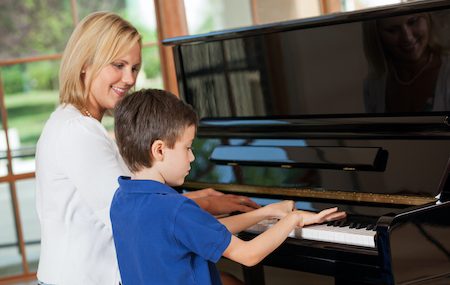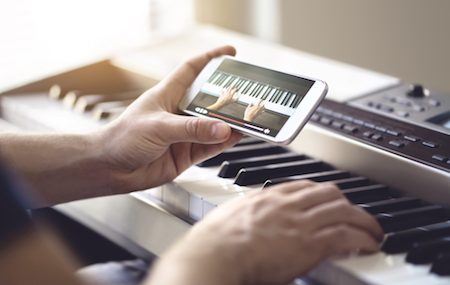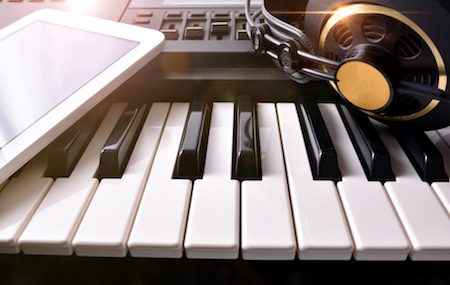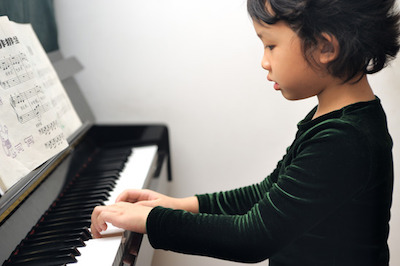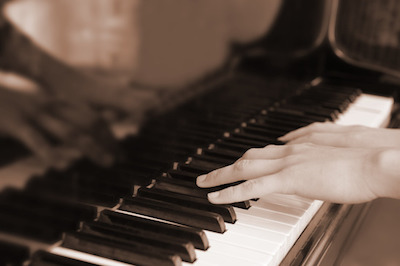Ready to learn to play the piano? There are a variety of ways you can go about doing it.
You can buy a beginning book and try to learn yourself. You can invest in an app and use it to become more proficient with the learning process.
But no matter how much you try on your own, you’ll eventually find it works better by hiring a teacher. For you or your kids, there’s something better about working one on one with someone who already has piano skills in place. They can make you into a better pianist, and make your playing more enjoyable, no matter what you choose to play.
What do you look for when hiring a piano teacher?
Start with your goals
Some just want to play their favorite songs. Some have hopes of turning it into a career. Depending on your goals should direct you to finding the perfect piano teacher. If you have hopes of a professional career, be sure to look for someone who is doing what you want to do. Their experience will be the perfect guide for your next steps.
Don’t worry about location
In today’s world, you don’t have to rely on someone you can visit face to face. Thanks to technology, your perfect instructor can be a half a world away. The important thing is getting what you need from the instructor and learning all you can.
Personality is everything
Learning piano is a lifelong challenge. It’s not something you’ll gain overnight. Instead, it takes hard work and endurance. And at times, you’ll become challenged, possibly even frustrated with the process. That’s when personality matters most. Do you have an instructor who meshes well with your temperament? Do they challenge you in the right ways?
Price is everything
Look beyond the dollar amount. Is the piano instructor you are considering a good value? Will they help take you to the level of professionalism you desire? If so, find a way to include their fees in your monthly budget. You’ll be happy you did.
Becoming a better piano player starts by having a great instrument to play. If you don’t have the right equipment, no matter how much a piano teacher pushes you, you’ll never achieve the results you’re looking for. Start with a great piano. Whether used or new, we can help.
